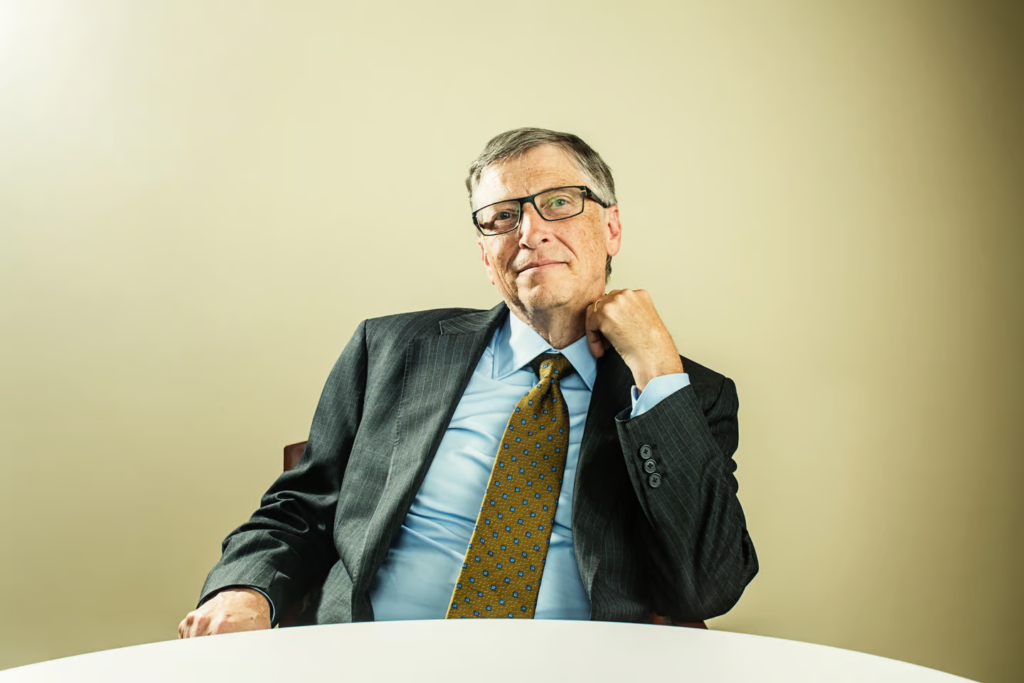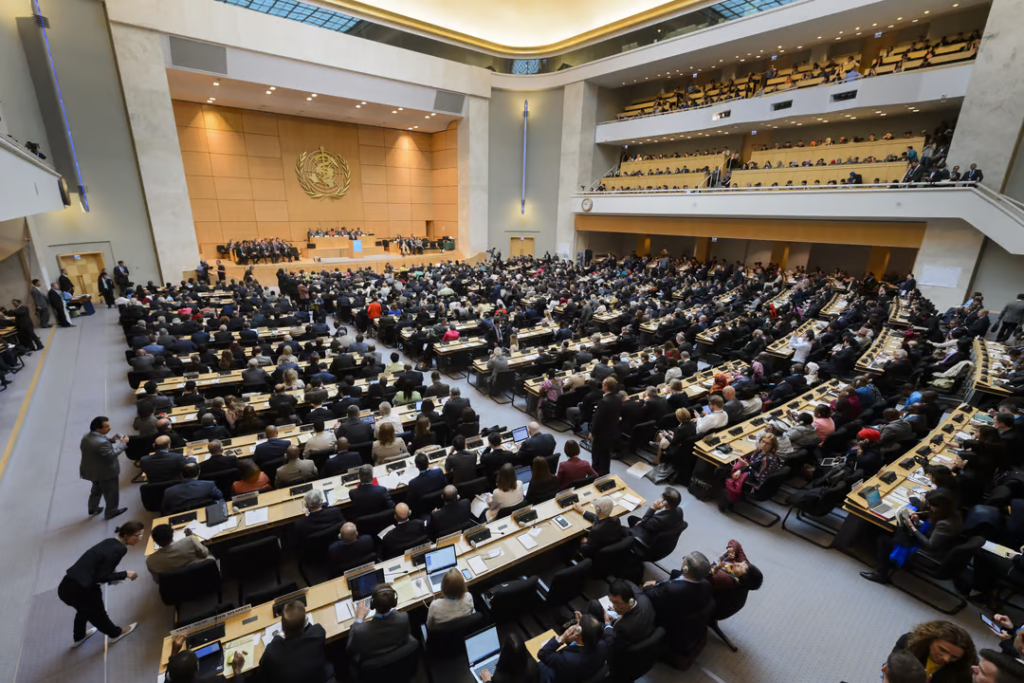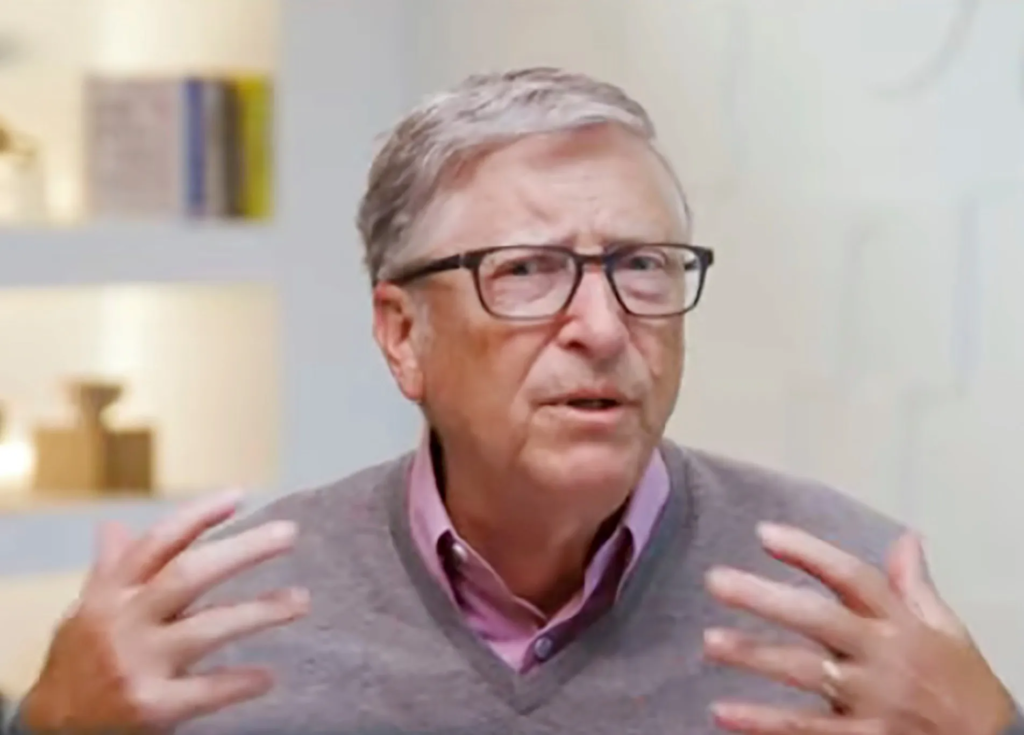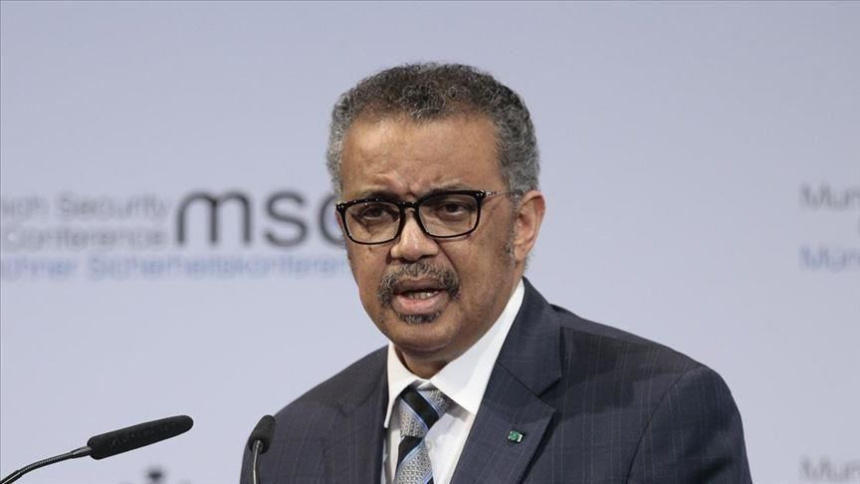When it comes to identifying the most influential doctor in the world, the conversation extends far beyond the realm of medical expertise. In this context, power encompasses a range of influences, including policy-making, philanthropy, innovation, and global impact. As we delve into this topic, it becomes clear that the title of the world’s most potent doctor cannot be solely attributed to clinical skills but must also consider the broader contributions to society, healthcare, and global health.

Defining Power in Medicine
Before naming who might be the most potent doctor, it’s crucial to understand what “power” means in the medical field. Traditionally, a powerful doctor might have had the most clinical understanding, successful surgeries, or groundbreaking research. However, in today’s interconnected and complex world, power also includes the ability to influence healthcare policies, spearhead large-scale health initiatives, and mobilize resources for global health improvements.
Dr. Anthony Fauci: The Face of Public Health
Dr. Anthony Fauci is one of the most prominent figures in recent years, especially during the COVID-19 pandemic. Since 1984, Dr. Fauci has been pivotal in shaping U.S. and global health policies as the Director of the National Institute of Allergy and Infectious Diseases (NIAID). His expertise in infectious diseases has made him a crucial advisor to multiple U.S. presidents, and his clear, authoritative communication style has made him a trusted figure for the public.
Dr. Fauci’s influence extends beyond the borders of the United States. His involvement in addressing HIV/AIDS, Ebola, and Zika viruses has positioned him as a leading voice in global health. His medical knowledge, policy influence, and public trust place him high among influential doctors.
Dr. Tedros Adhanom Ghebreyesus: Steering the WHO
Another influential figure is Dr. Tedros Adhanom Ghebreyesus, the Director-General of the World Health Organization (WHO). As the first African to head the WHO, Dr. Tedros has brought a unique perspective to global health challenges. His leadership has been critical during the COVID-19 pandemic, where the WHO’s guidance and recommendations have been instrumental in shaping global responses to the virus.
Dr. Tedros’s power comes from his ability to mobilize international resources, coordinate multinational efforts, and advocate for health equity. His background in public health and political experience as Ethiopia’s Minister of Health and Foreign Affairs has equipped him with the skills to navigate the complex political landscape of global health.

Dr. Paul Farmer: Champion of Health Equity
Dr. Paul Farmer, co-founder of Partners In Health (PIH), is renowned for his work in bringing healthcare to impoverished regions. His approach combines medical treatment with a deep understanding of social determinants of health. Dr. Farmer’s work in Haiti, Rwanda, and other underserved areas has demonstrated that quality healthcare can be delivered even in the most challenging conditions.
Farmer’s power lies in his advocacy for health as a human right and his innovative models of care that integrate community-based solutions with high-quality medical services. His influence is felt both on the ground, where he has improved countless lives and in academic and policy circles, where his ideas have reshaped approaches to global health.
Dr. Devi Shetty: Revolutionizing Affordable Healthcare
In affordable healthcare, Dr. Devi Shetty stands out as a transformative figure. The founder of Narayana Health in India, Dr. Shetty, has developed a high-volume, low-cost healthcare model that has made complex surgeries affordable for the masses. His hospitals are known for their efficiency and quality, making advanced medical care accessible to those who would otherwise be unable to afford it.
Dr. Shetty’s influence extends beyond his network of hospitals. His work has sparked discussions on healthcare reform and making medical care affordable and scalable. He has challenged traditional healthcare economics and inspired innovations globally by demonstrating that it is possible to provide world-class healthcare at a fraction of the cost.
Bill Gates: The Non-Medical Doctor with Monumental Influence
While not a medical doctor, Bill Gates’s impact on global health is undeniable. Through the Bill & Melinda Gates Foundation, Gates has invested billions of dollars in health initiatives, focusing on strengthening vaccines, infectious diseases, and health systems. His foundation’s work has been instrumental in the fight against polio, malaria, and other diseases.
Gates’s power comes from leveraging his wealth and influence to address some of the most pressing health challenges globally. His focus on innovation, data-driven approaches, and partnerships with governments and organizations has accelerated progress in many areas of global health.

The Collective Power of Collaborative Efforts
While individual figures like Dr. Fauci, Dr. Tedros, Dr. Farmer, and Dr. Shetty stand out, it’s essential to recognize that the most influential doctor in the world might not be a single person. Instead, it could be seen as the collective effort of medical professionals, researchers, policymakers, and philanthropists working together to improve global health.
Collaborations between organizations like the WHO, various national health agencies, non-profits like PIH, and philanthropic entities like the Gates Foundation illustrate the immense power of coordinated efforts. These collaborations bring together diverse expertise and resources, creating a synergistic effect that amplifies their impact.
The Future of Medical Power
The concept of the most potent doctor will continue to evolve. Technological advances like artificial intelligence and telemedicine are reshaping the healthcare landscape. Future leaders in medicine will likely be those who can harness these technologies to enhance care delivery, expand access, and improve health outcomes on a global scale.
Moreover, the growing emphasis on health equity and social determinants of health suggests that future influential doctors must address the broader context in which health disparities exist. This will require medical expertise and skills in advocacy, policy-making, and community engagement. Who is the most powerful doctor in the world?
Conclusion: Power Beyond the Stethoscope
In conclusion, determining who the most influential doctor in the world is involves looking beyond traditional measures of medical prowess. It encompasses the ability to influence health policies, lead global health initiatives, innovate in healthcare delivery, and advocate for health equity. Figures like Dr. Fauci, Dr. Tedros, Dr. Farmer, and Dr. Shetty exemplify different facets of this power.

Ultimately, the true power of medicine lies in the collective efforts of those dedicated to improving health outcomes for all. Whether through direct patient care, research, policy, or philanthropy, these individuals and their collaborative efforts are shaping the future of global health. As we continue to face new health challenges, the most influential doctor in the world will be the one who can navigate these complexities and lead the way toward a healthier, more equitable world.








